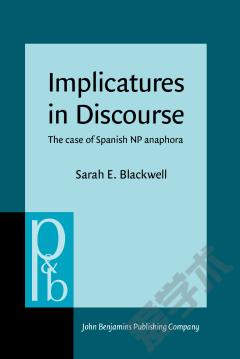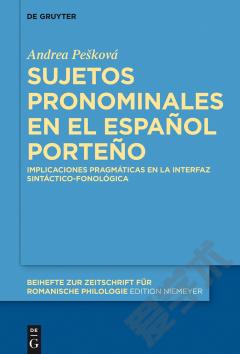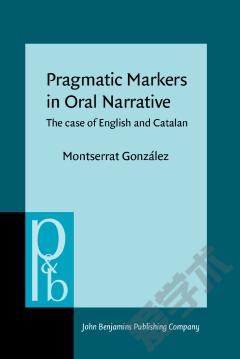Implicatures in Discourse. The case of Spanish NP anaphora.
Implicatures in Discourse examines Spanish conversations and oral narratives in order to seek support for a pragmatic theory of anaphora. Blackwell argues that the use of anaphoric expressions may be considered conversational implicatures that give rise to inferences of coreference and non-coreference. Her analysis shows how speakers abide by Levinson's 'neo-Gricean' principles of Quantity, Informativeness, and Manner, but that grammatical, semantic, cognitive, and pragmatic constraints interact with the neo-Gricean principles, influencing anaphora use and interpretation. The study also reveals how mutual knowledge, including familiarity with Spanish social and cultural norms, enables interlocutors to use and comprehend minimal referring expressions, which cultural outsiders may not be able to interpret. While drawing on earlier work on anaphora and reference, this book offers a fresh look at discourse anaphora, and sheds light on the ways in which speakers felicitously use and interpret anaphoric expressions in a variety of communicative contexts.
{{comment.content}}








 京公网安备 11010802027623号
京公网安备 11010802027623号